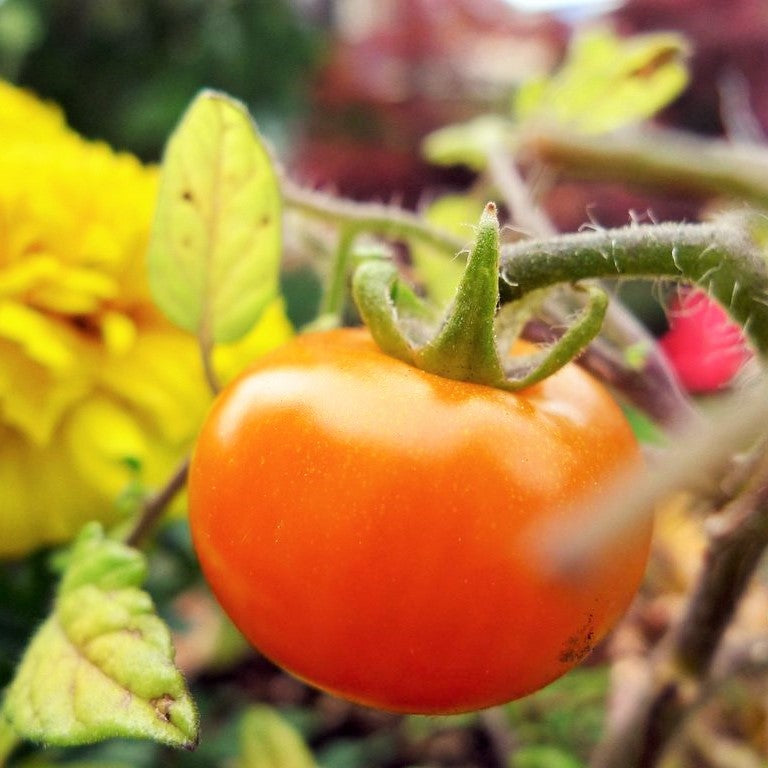Get the Most From Your Garden With Companion Planting
•Posted on April 19 2019

As gardening becomes increasingly popular, the methods used to ensure a productive garden have also become more strategic. Gone are the days where planting certain vegetables and fruits just for the sake of growing them would yield positive results.
With more growers becoming serious about the health and bounty of their crops, now's a great time to really consider what plants are right for your garden based on what you’d like to achieve and companion planting is one way to get you there.
Read on to learn what companion planting is, its benefits, the kinds of goals it can help you accomplish and more.
What is Companion Planting?
Companion planting is the process of planting certain food and ornamental plants together to make them healthier and more productive. This follows the idea that some plants grow better near others than alone.
In many cases, this method of planting yields a healthier garden and a more balanced eco-system overall, which is always a plus for any gardener!
Why is Companion Planting a Good Idea?

While there are a number of gardening methods out there, the benefits of companion planting are endless and include:
1. Improving the use of space – Many times, companion planting involves grouping smaller and larger plants together to maximize space use.
For example, Sunflowers grow vertically so smaller, shade-loving plants like cucumbers are planted just underneath them to use the shade provided by their tall, leafy stems and to occupy available growing space that may otherwise go to waste.
2. Reducing weeds - Should you decide to companion plant, you may be able to kiss your weed killer goodbye. This is because a number of dense, low lying plants, like mint, act as cover crops that prevent weeds from popping up.
If many are planted within close proximity of each other, weeds won't have space to occupy and won't thrive in the shade provided by food plants.
3. Preventing garden pests - Companion planting acts as a natural pesticide in two ways: "trapping" harmful insects and repelling them.
For example, aphids would rather munch on nasturtiums over tender vegetables. The trap crop is the nasturtium while the main crop is the veggies.
Aphids would flock to the nasturtiums rather than the vegetables, thus trapping the insects with the nasturtiums and ultimately keeping them away from the main crop.
Meanwhile, some plants emit odors that are unfavorable to certain pests, which keeps them from infesting your garden altogether.
4. Providing protection from the elements - Light sensitive and fragile plants benefit especially from companion planting when grouped with vertical growing or dense-canopied plants that can block direct sun or wind from reaching them.
5. Enhancing nutrient uptake - There are some plants that are nutrient "fixers" and supplement the soil on their own without the use of fertilizers or other soil amendments.
What Food Crops Can Be Planted Together?
Below are a few charts that detail what popular plants can be grouped together and which ones cannot.
You'll find our suggested pairings based on common garden goals you may be trying to achieve.
Please keep in mind that because there is an abundant number of plants you can grow, these lists are not extensive, but rather, serve as a starting point:
For Common Crop Pairings:

For Pest Control:

For Improved Nutrient Uptake:

For Weed Control:

Let's Grow Together!
We hope you found this introduction to companion planting helpful. Growing this way is sure to give you positive results that will undoubtedly make your growing journey that much more rewarding.
When your plants need a little extra boost in the nutrition department, feel free to browse our fertilizer selection for all your gardening needs.
Thank you for growing with Greenway!
Related Posts:
Comments
0 Comments
Leave a Comment